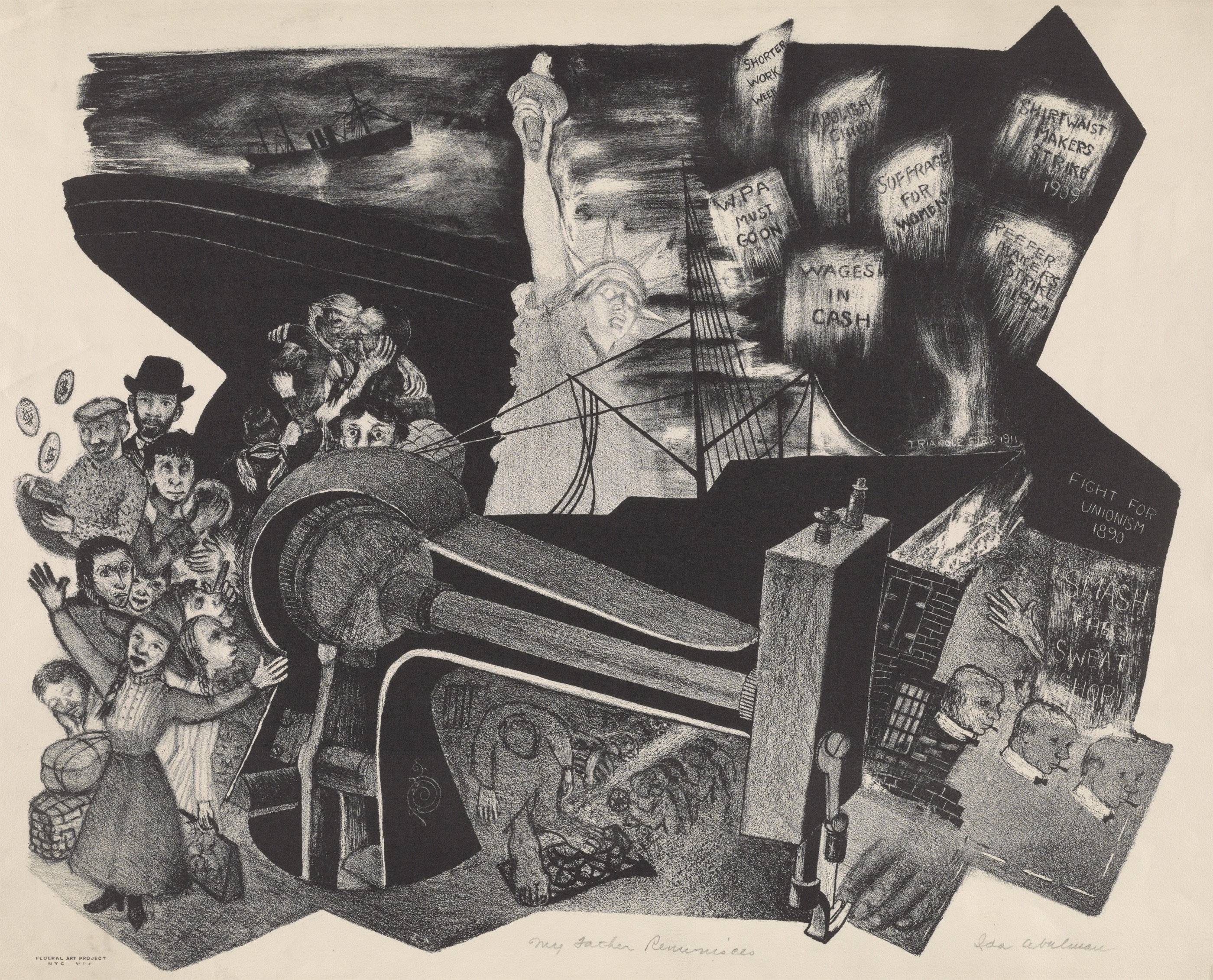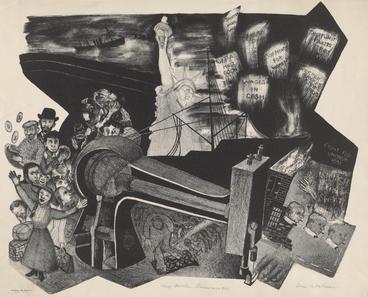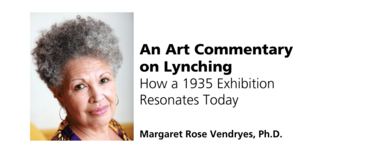
Weisman Art Museum is proud to present Pressing Issues: Printmaking as Social Justice in the 1930s United States, which brings together work by artists who, through their art, produced radical critical commentaries on the social injustices plaguing the country in their time. In the midst of the Great Depression, visual artists in the United States were put to work through the relief efforts of the New Deal not only to provide a living wage but to bolster the spirits of the general public. Many used the opportunity to portray various scenes of everyday life in the United States through images of modern and rural landscapes, leisure activities, and industrial growth, while others directed their viewers’ attention to economic toil and key social issues. Relying primarily on rarely-displayed Works Progress Administration/Federal Art Project (WPA/FAP) prints, the exhibition includes approximately 40 works organized into themes of labor unrest (exploitation, economic disparity, and gender inequalities), discrimination and racial violence, and reactions to the rise of fascism. Pressing Issues is an especially timely exhibition that connects this past to the present, as the current political climate in the United States is revisiting similar themes of isolationism and nationalism, populism and fascism, and racial violence.
Curated by Kathryn Koca Polite, Assistant Curator Krannert Art Museum, University of Illinois, where the exhibition debuted in fall 2020.
This exhibition is made possible, in part, thanks to sponsorship by the IFPDA Foundation, the Wyeth Foundation for American Art, and the College of Fine and Applied Arts.
Read more about this exhibition
Download the exhibition labels (PDF)
Image: Ida Abelman, My Father Reminisces, 1937. Lithograph. Allocated by the US Government, Commissioned through the New Deal art projects. Courtesy of Krannert Art Museum.


